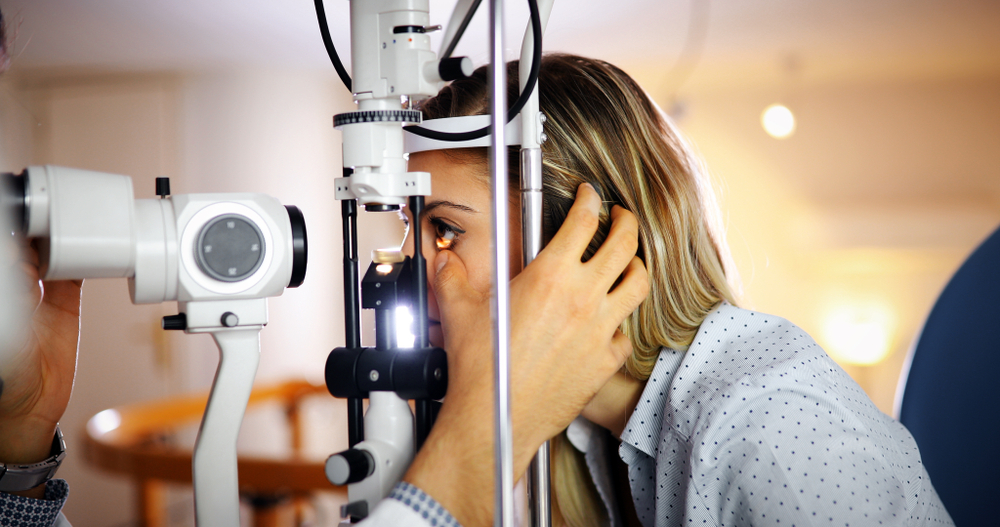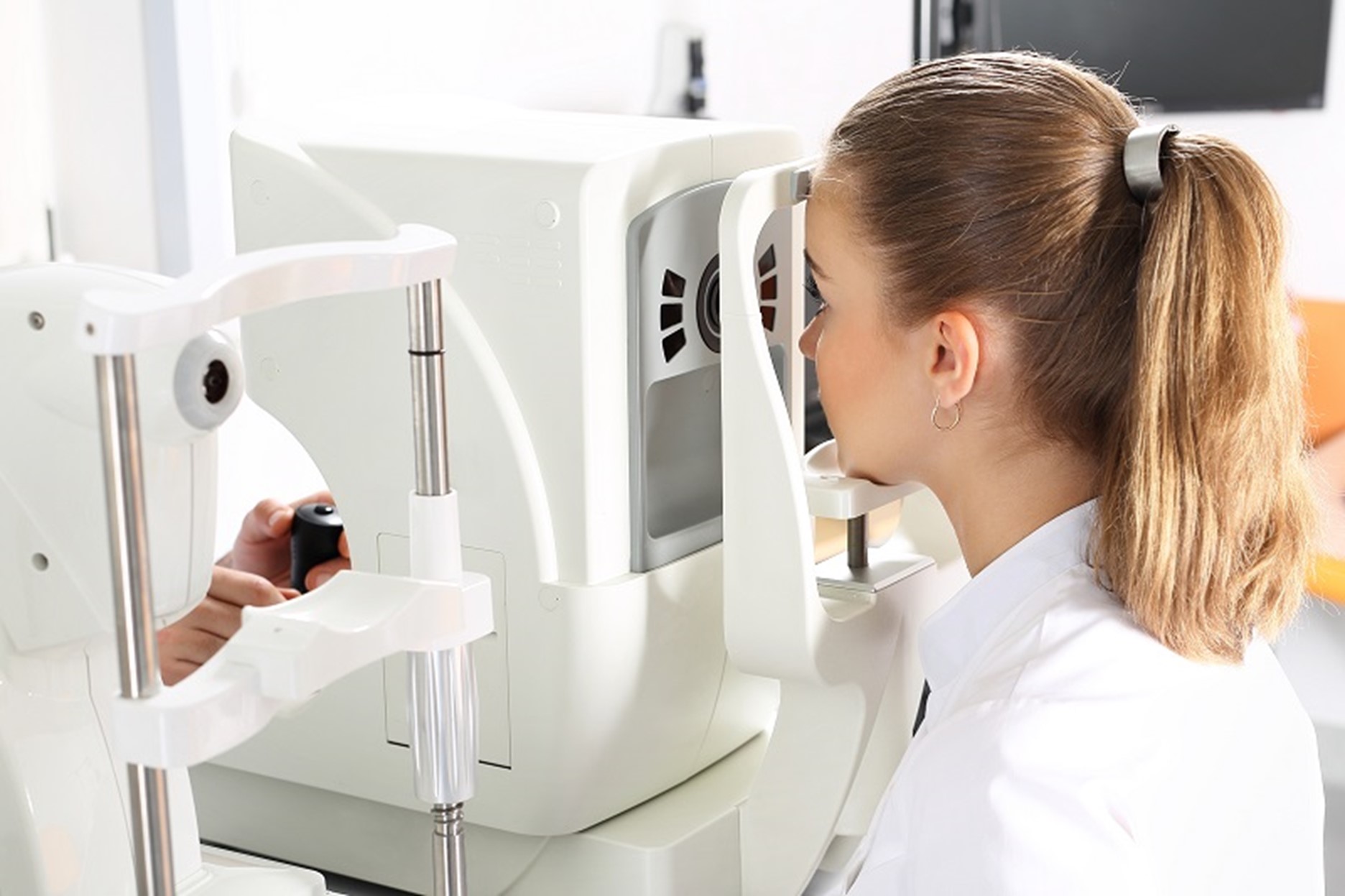How often do we consider our eyes beyond their role in helping us observe the world around us? Have you ever thought about how important regular eye tests are, not only for our sight, but also for our general health? In this feature, we will unravel the invisible thread linking eye tests to your health. Welcome to a journey into awareness where we address the significance of routine eye check ups, the often-underestimated power of these tests, and the myriad secrets they hold about our overall health condition.
Renowned for our comprehensive, visually engaging, and meticulously researched content, we dive into the vital role of eye tests, ensuring you stay informed and proactive about this aspect of your overall health. We know that our readers hold health, both physical and mental, as a matter of paramount importance. So, sit back, relax, and let’s explore the complexities of our eyes, the incredible job they do and why neglecting eye tests could be more detrimental than most of us think.
The Profound Influence of Vision on Health
Our eyes, these remarkable, complex organs provide us with the ability to interpret and react to the world around us. They alert us to danger, helping us avoid physical harm, and enable us to engage in daily activities with ease. But what happens when our vision is compromised?
Many people consider deterioration in eye health as an inevitable part of aging. Whilst this reality is partly true, it’s worth noting that many vision-related conditions and diseases can be detected and managed effectively if caught early through an eye test. Conversely, the undetected progression of such diseases can lead to vision impairment, an issue linked with several health problems.
Aside from early detection of a range of eye diseases such as glaucoma and macular degeneration, comprehensive eye tests can provide early warning signs for numerous systemic conditions, including diabetes, hypertension, and even potential strokes. Therefore, an eye exam goes beyond just testing one’s vision; it’s a vital component of preventative health care.
Understanding The Process Of An Eye Test
The Hidden Revelations of Eye Tests
Pros and Cons of Regular Eye Tests
Regular eye tests offer numerous advantages, facilitating early detection and management of vision impairments and systemic diseases. They enable timely intervention, potentially averting more serious health issues. However, for some individuals, such screenings may prove inconvenient, stressful, or costly, especially if not covered by insurance.
Additionally, frequent visits may not be feasible for those with limited healthcare access or mobility challenges. Despite these drawbacks, the benefits of regular eye exams in preserving ocular and overall health generally outweigh the potential inconveniences, emphasizing the importance of prioritizing eye care as part of a comprehensive wellness regimen.
When Should You Undergo an Eye Test?
Conclusion: Making Eye Health a Priority
In conclusion, eye tests are undoubtedly more than a routine check-up; they are a holistic tool for gauging wellbeing. They possess the potential to expose possible health risks, helping us take preventive and corrective measures sequentially.
However, regular eye exams, like every other health routine, require conscientiousness. They might seem like just another chore in our daily hustle, but the significance of these tests stands undiluted. As we navigate through this fast-paced life, staying attuned to our health must remain a priority. After all, a stitch in time can indeed save nine. So, make that appointment today because the power of a simple eye test might just open your eyes to a healthier future. Turn the spotlight back on your health, because the better we see, the better we live.




